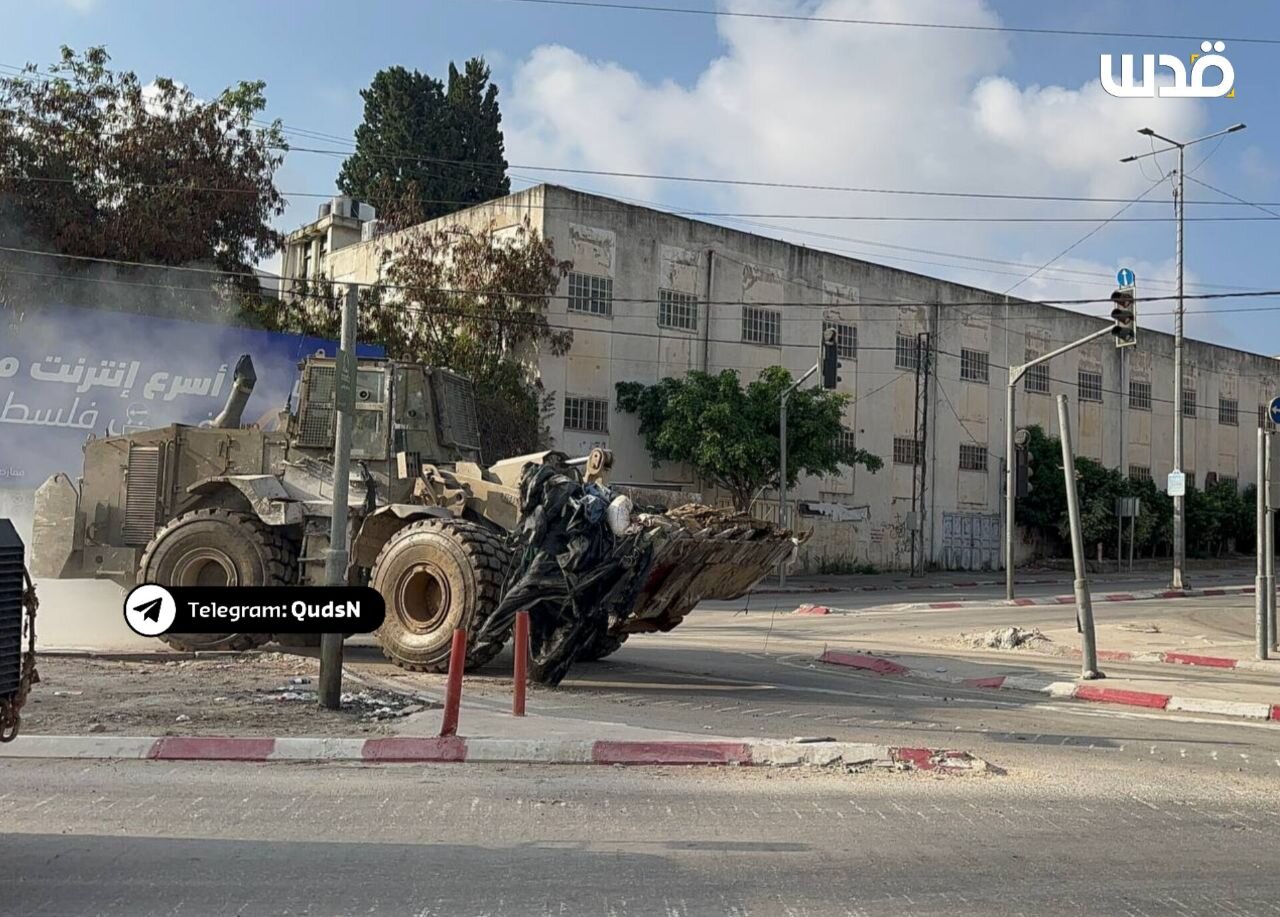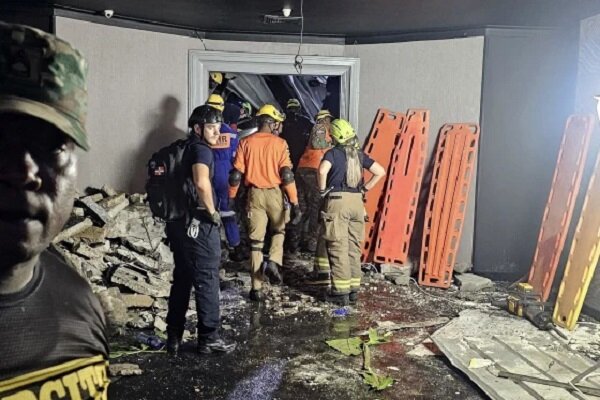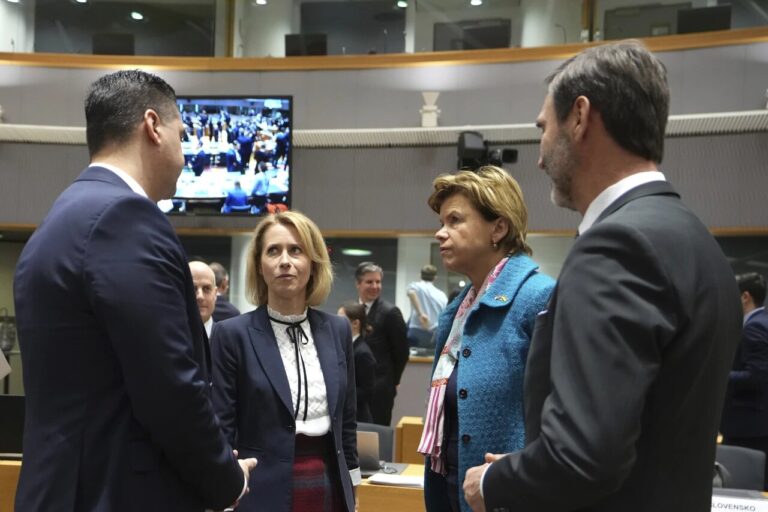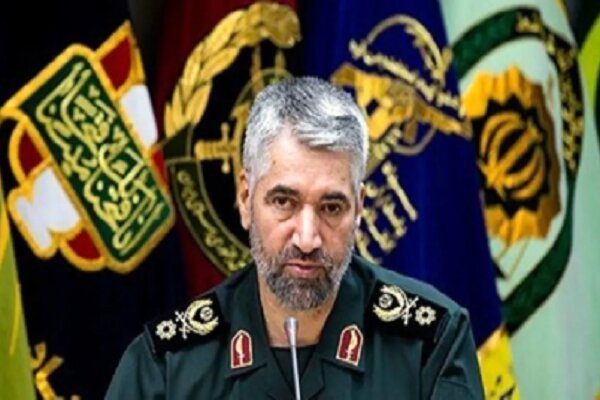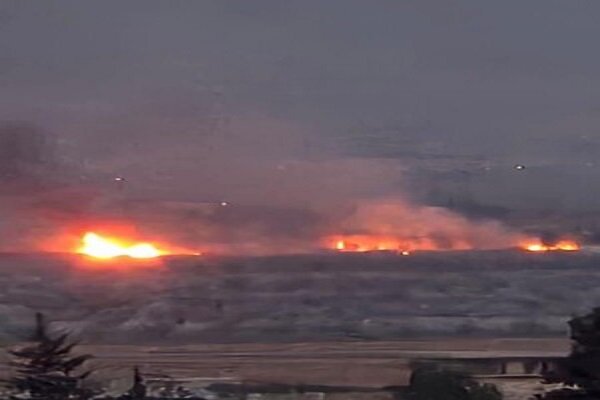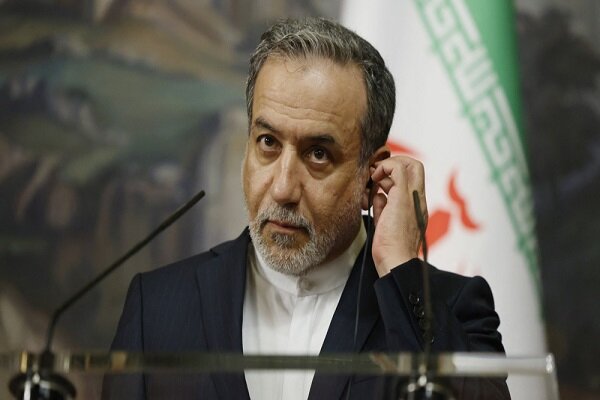Destruction of Palestinian Infrastructure: Tulkarm Faces Devastating Demolition
In a concerning escalation of violence, Israeli troops have recently targeted and demolished critical Palestinian civilian infrastructure in the West Bank, raising alarms about the ongoing conflict in the region. This latest attack not only heightens tensions but also has significant implications for the daily lives of the affected communities.
According to reports, the demolition operations carried out by the Israeli military have drawn widespread condemnation from various international organizations and human rights advocates. The destruction of homes, schools, and essential facilities poses a serious threat to the stability and well-being of Palestinian civilians.
The ramifications of these demolitions extend beyond immediate physical damage. Here are some key points to understand the impact of this situation:
- Humanitarian Crisis: The destruction of infrastructure has exacerbated the humanitarian crisis in the West Bank, leading to increased displacement and suffering among the civilian population.
- Access to Basic Services: The demolition of schools and healthcare facilities limits access to essential services, affecting education and health outcomes for children and families.
- International Response: The actions of the Israeli military have prompted calls for accountability and intervention from various international bodies, including the United Nations.
- Escalation of Tensions: These demolitions contribute to rising tensions between Israeli forces and Palestinian communities, which could lead to further conflict and violence.
- Violation of Rights: Human rights organizations argue that the demolition of civilian structures constitutes a violation of international law and the rights of the Palestinian people.
In light of these developments, many are calling for a renewed focus on dialogue and peace-building efforts in the region. The ongoing cycle of violence not only impacts those directly involved but also undermines the prospects for a lasting resolution to the Israeli-Palestinian conflict.
Local residents have expressed their grief and frustration over the demolitions. Many families have lost their homes and livelihoods, forcing them to seek refuge elsewhere. “We are living in fear,” said one resident. “Each day brings uncertainty, and we worry about what will happen next.”
The international community has a pivotal role to play in addressing this crisis. Advocacy groups are urging global leaders to take a stand against these actions and to support initiatives aimed at protecting Palestinian civilians and their rights.
Efforts to provide humanitarian aid to affected communities are crucial. Organizations on the ground are working tirelessly to deliver essential supplies and support to those in need. However, the ongoing violence makes these efforts increasingly challenging.
Moreover, the demolitions have sparked protests and demonstrations across the West Bank. Citizens are demanding an end to the violence and a return to negotiations aimed at achieving peace. The resilience of the Palestinian people in the face of adversity is remarkable, showcasing their determination to fight for their rights and dignity.
As the situation evolves, it remains imperative for the global community to remain engaged and informed. Awareness of the ongoing struggles faced by Palestinian civilians is essential for fostering empathy and understanding.
In conclusion, the demolition of Palestinian civilian infrastructure by Israeli troops represents a significant escalation in the ongoing conflict. The humanitarian implications are dire, affecting countless lives and raising urgent calls for intervention and support. Only through concerted efforts can the cycle of violence be broken, paving the way for a peaceful resolution to one of the world’s most enduring conflicts.
Understanding the complexities of this situation is critical for advocates of peace and justice. By staying informed and raising awareness, we can contribute to the dialogue needed to foster change and promote a future where all individuals, regardless of their background, can live in peace and security.
